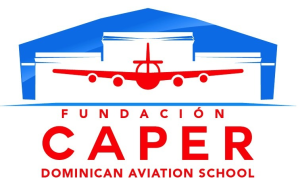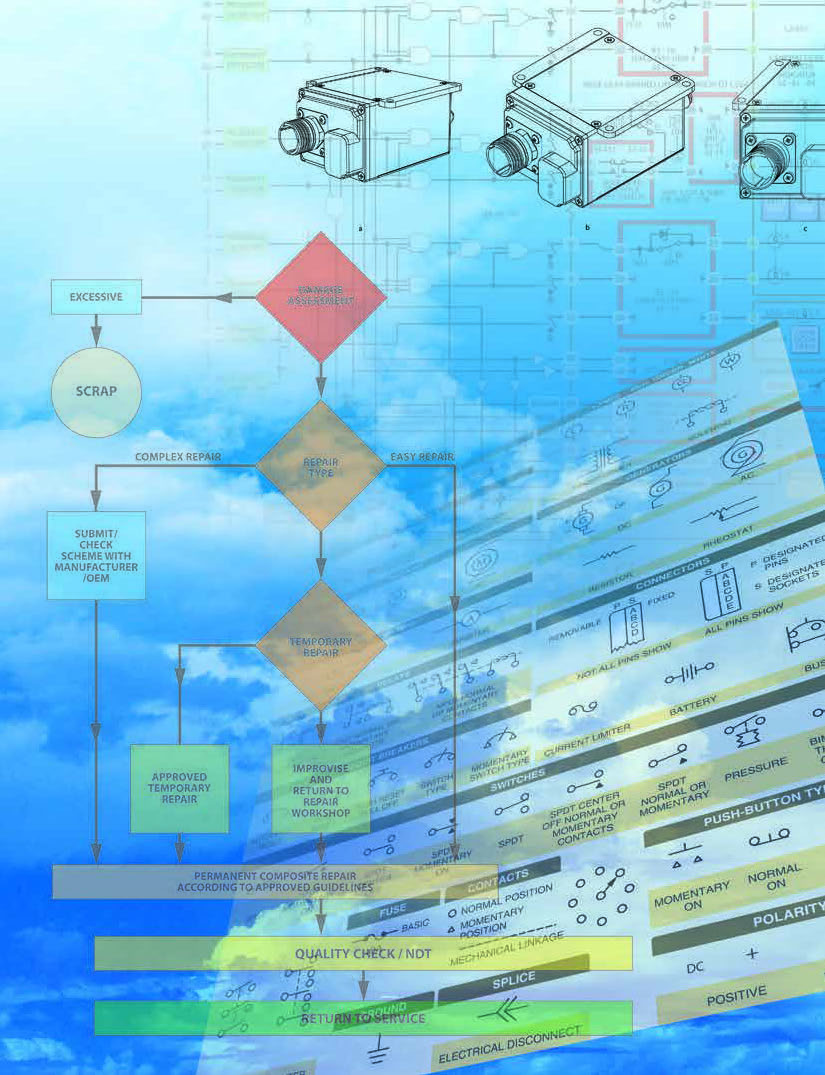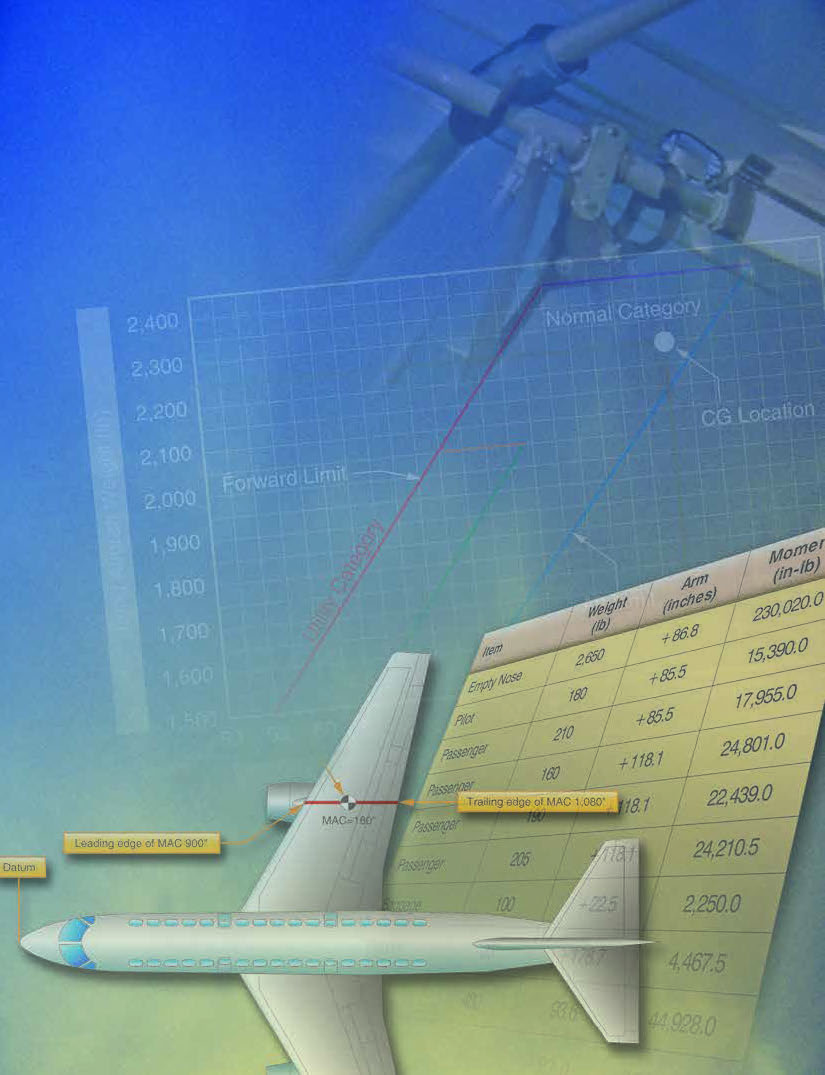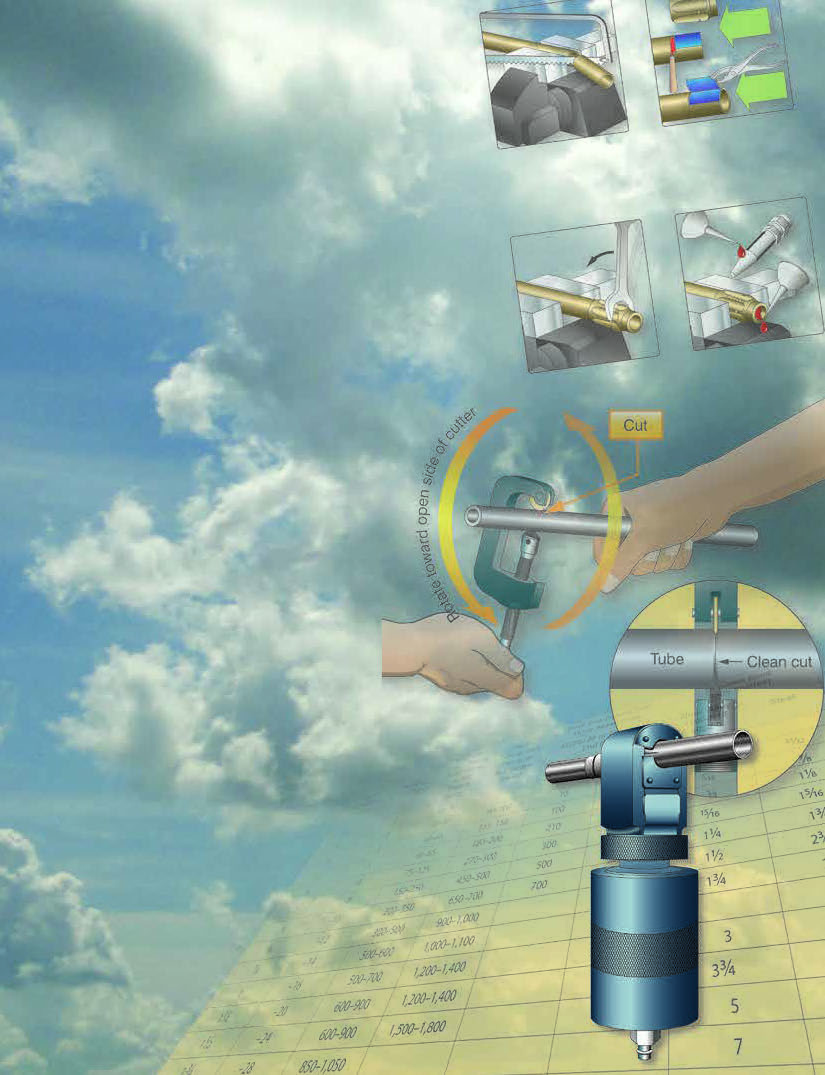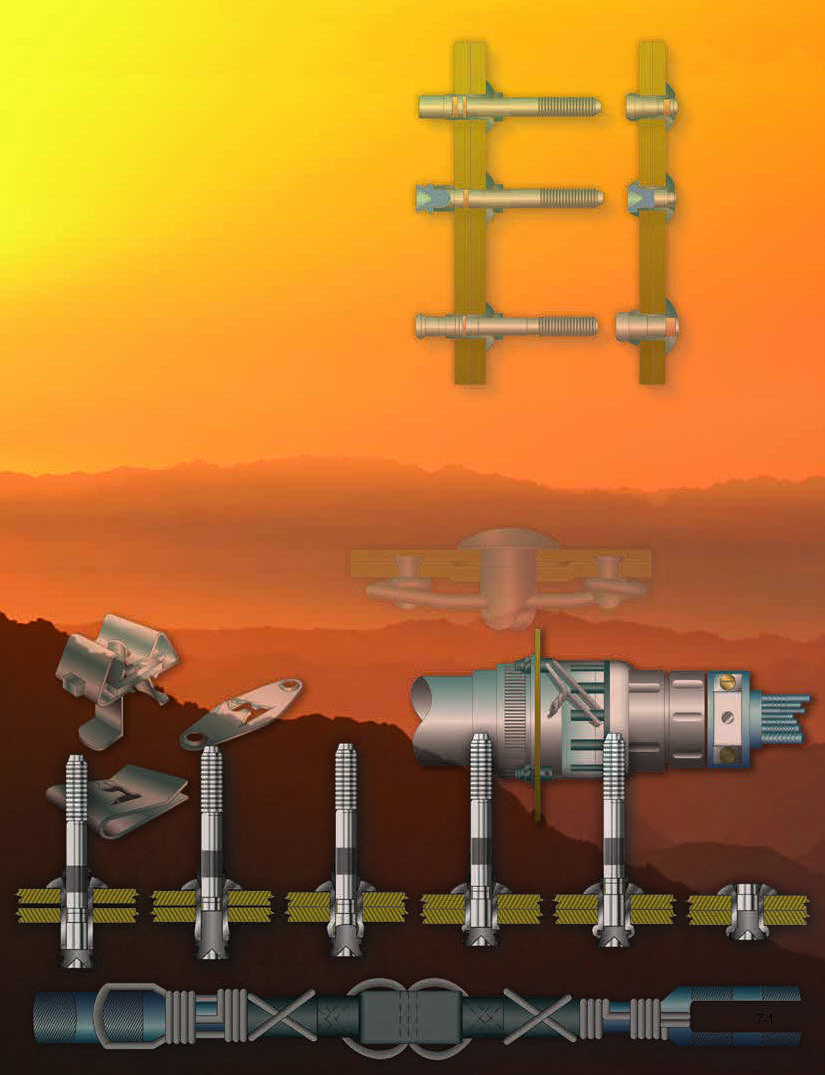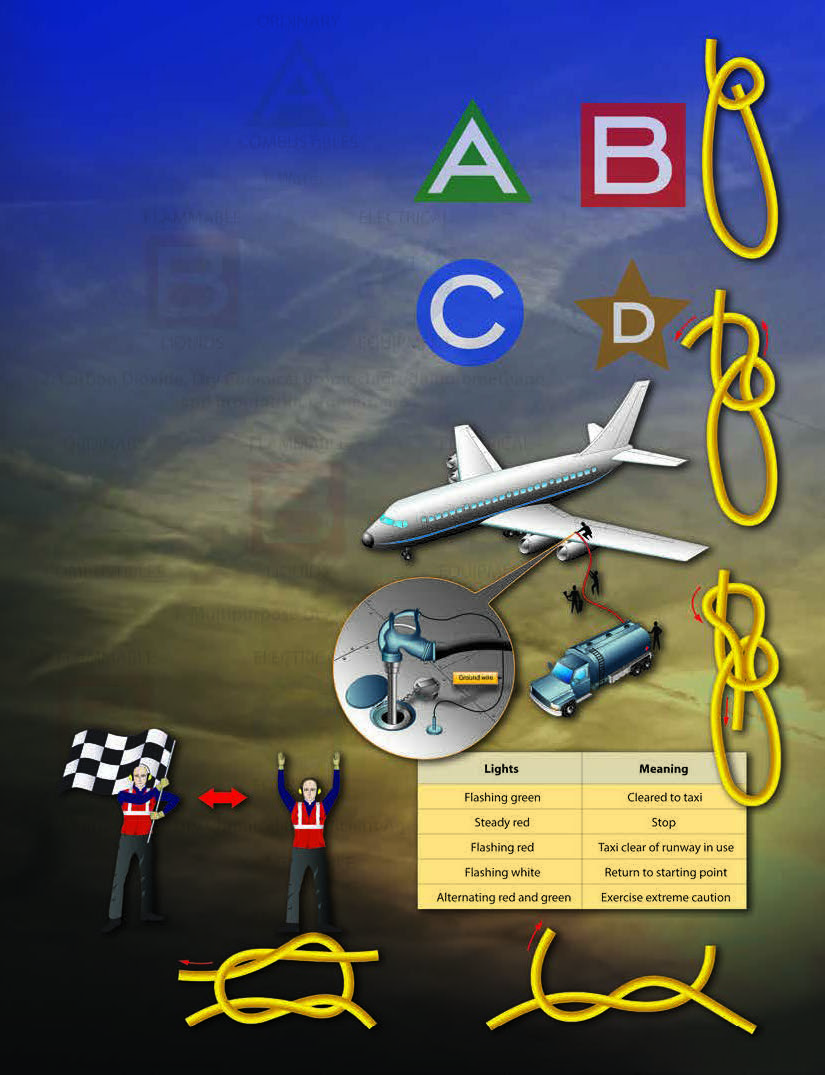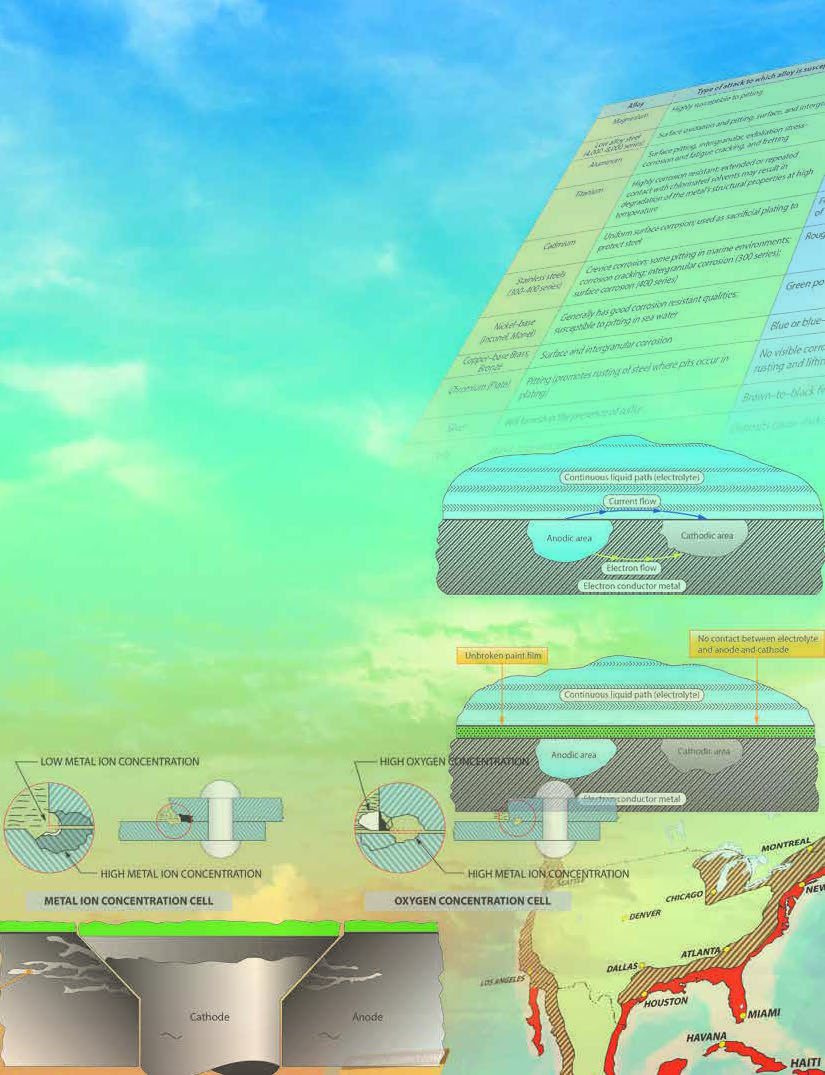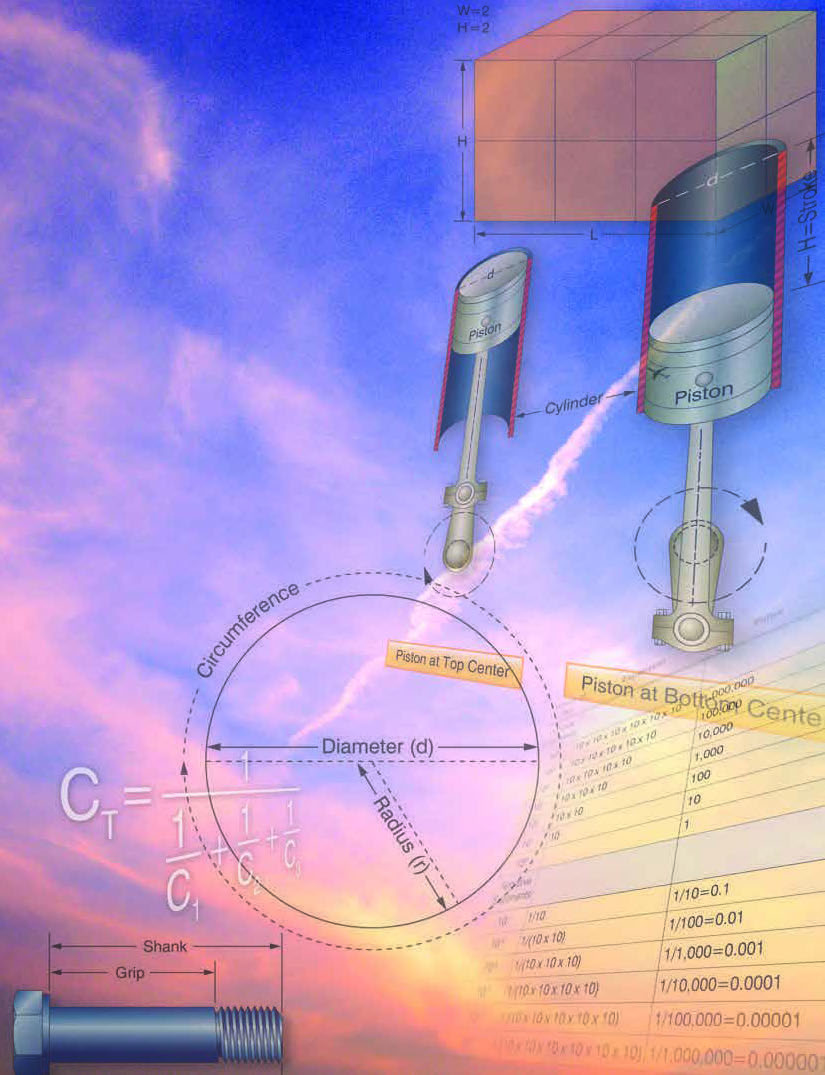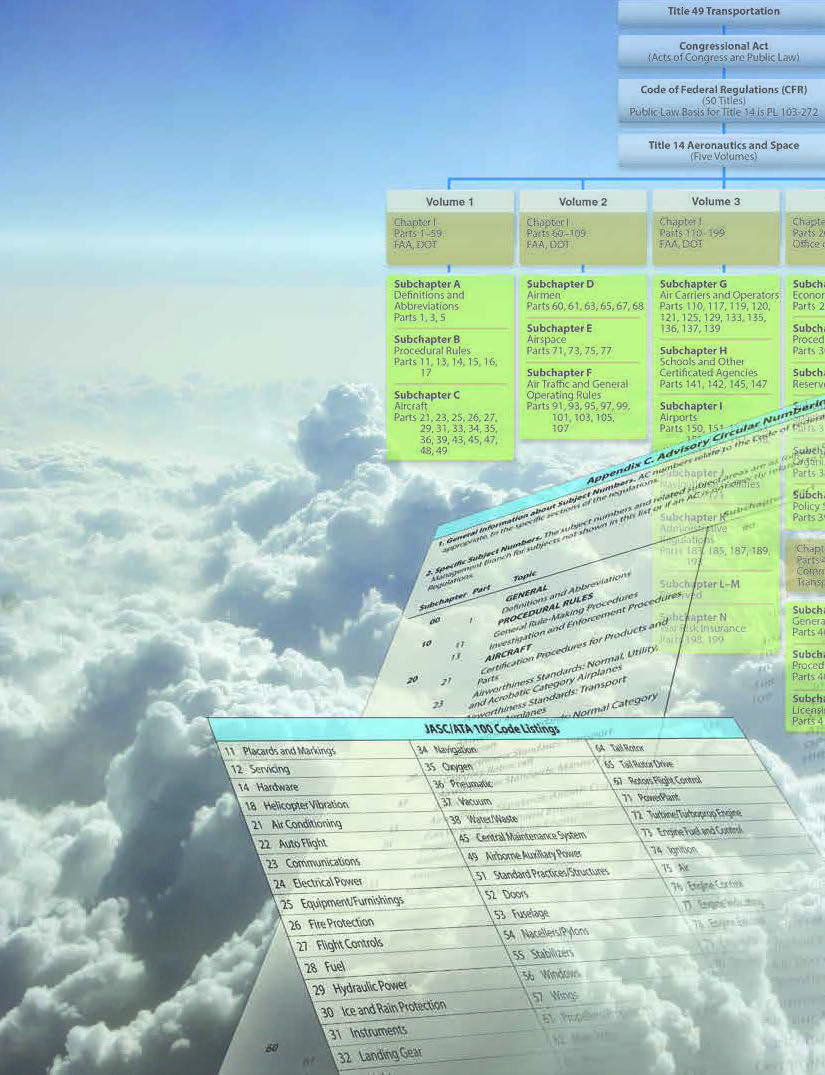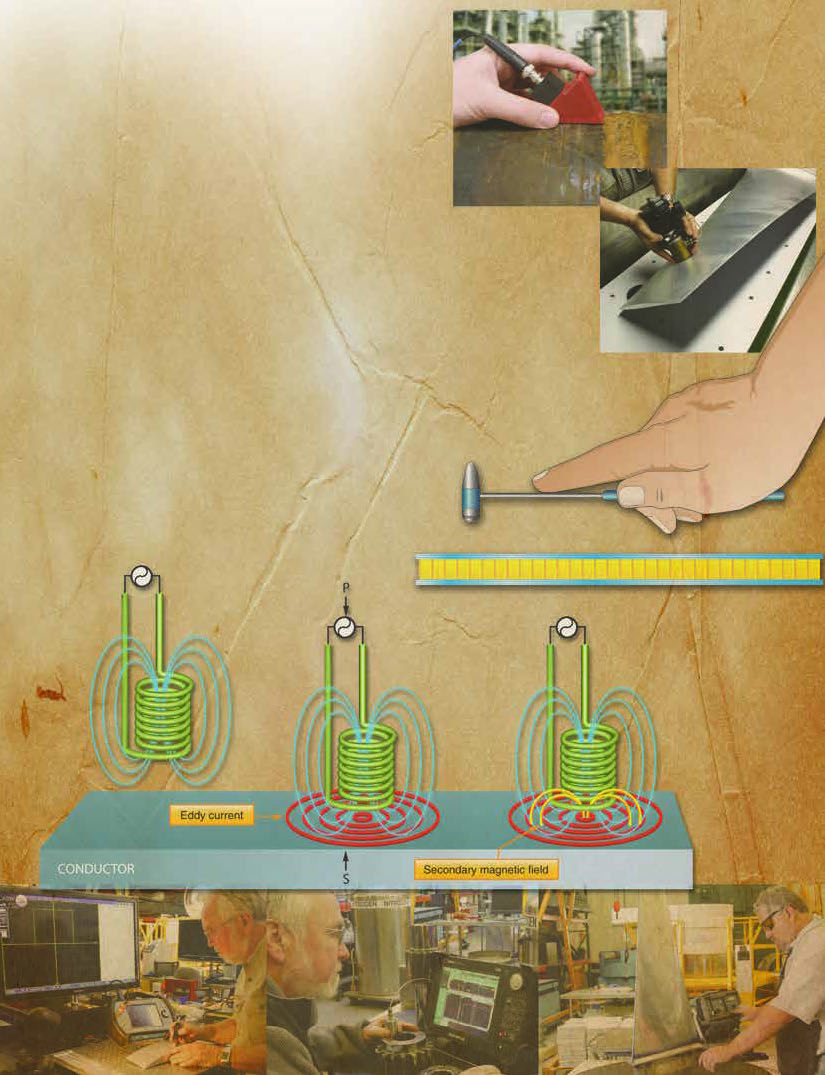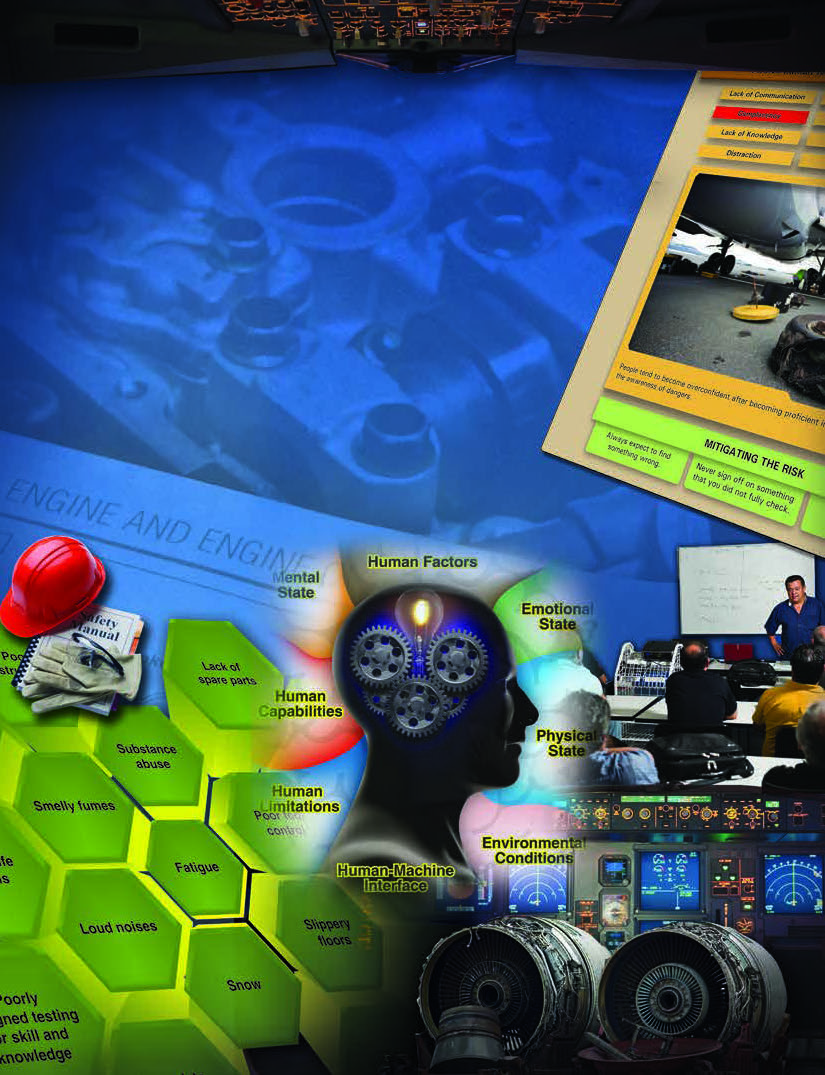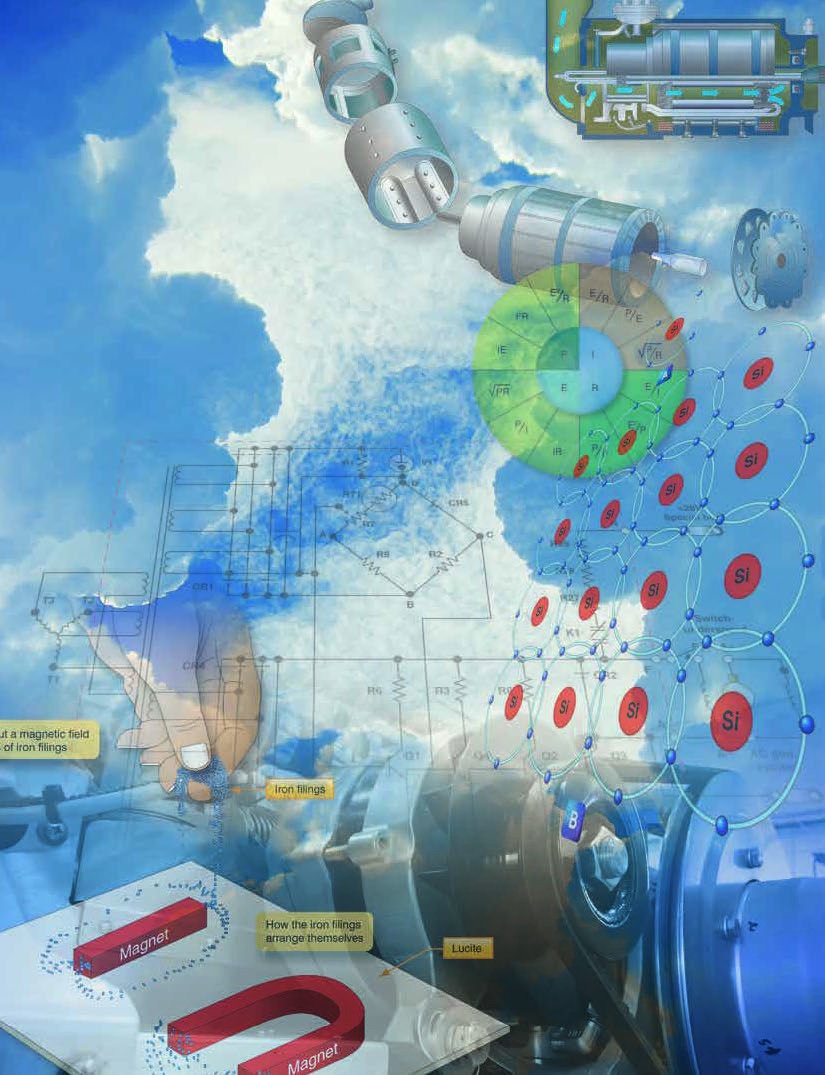
Fundacion CAPER Dominican Aviation School
Available courses
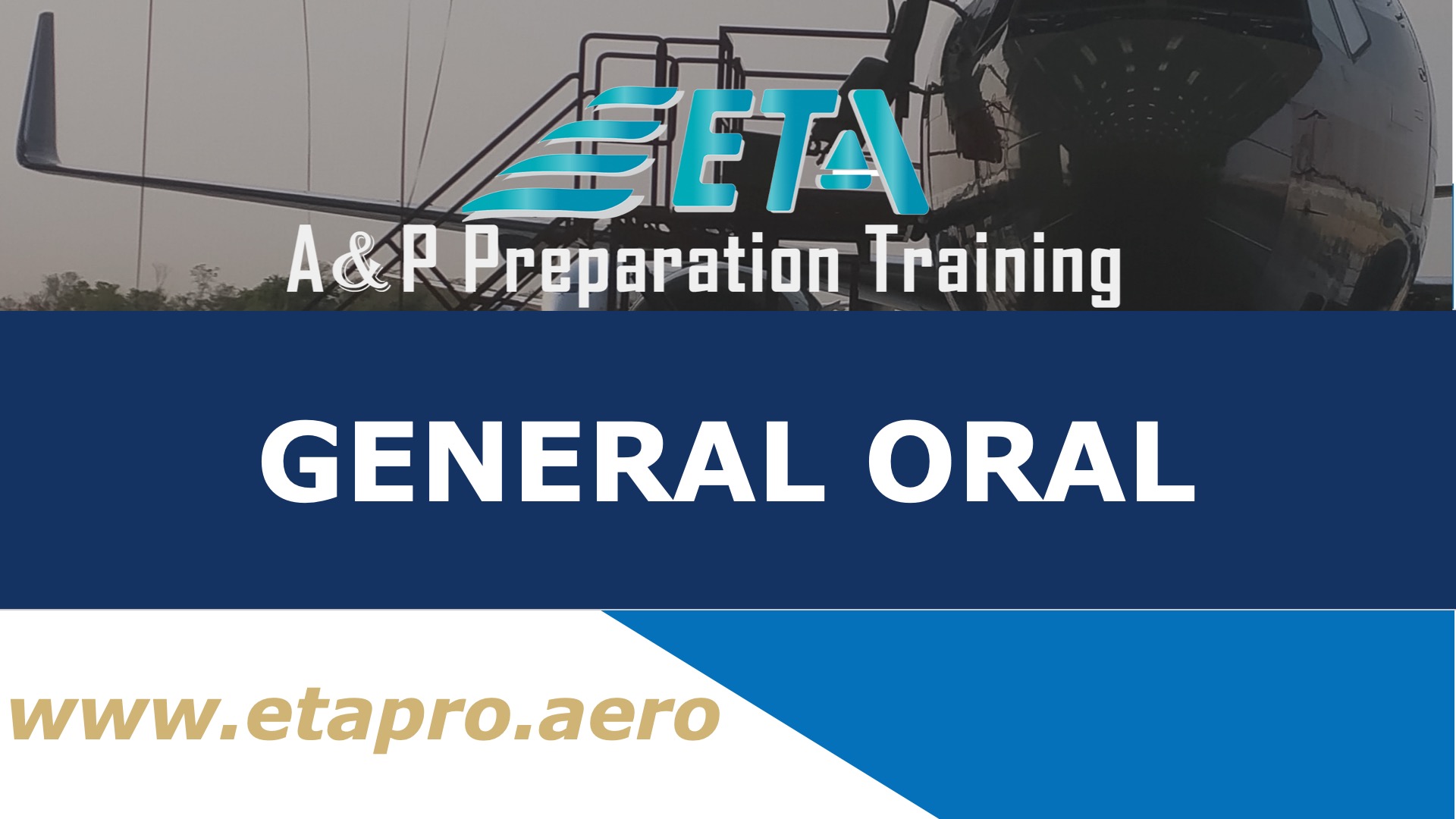
Aviation Mechanic General Oral
To determine that the applicant exhibits knowledge and demonstrates skill to perform the following oral elements of this subjects.
Section I- Aviation Mechanic General
A. Basic Electricity
B. Aircraft Drawings
C. Weight and Balance
D. Fluid Lines and Fittings
E. Materials and Processes
F. Ground Operation and Servicing
G. Cleaning and Corrosion Control
H. Mathematics
I. Maintenance Forms and Records
J. Physics for Aviation
K. Maintenance Publications
L. Aviation Mechanic Privileges and Limitations

Aviation Mechanic Powerplant Oral
To determine that the applicant exhibits knowledge and demonstrates skill to perform the following elements of this subjects.
Section IV- Powerplant Theory and Maintenance
A. Reciprocating Engines
B. Turbine Engines
C. Engine Inspection
Section V- Powerplant Systems and Components
H. Engine Instrument Systems
I. Engine Fire Protection Systems
J. Engine Electrical Systems
K. Lubrication Systems
L. Ignition and Starting Systems
M. Fuel Metering Systems
N. Engine Fuel Systems
O. Induction and Engine Airflow Systems
P. Engine Cooling Systems
Q. Engine Exhaust and Reverser Systems
R. Propellers
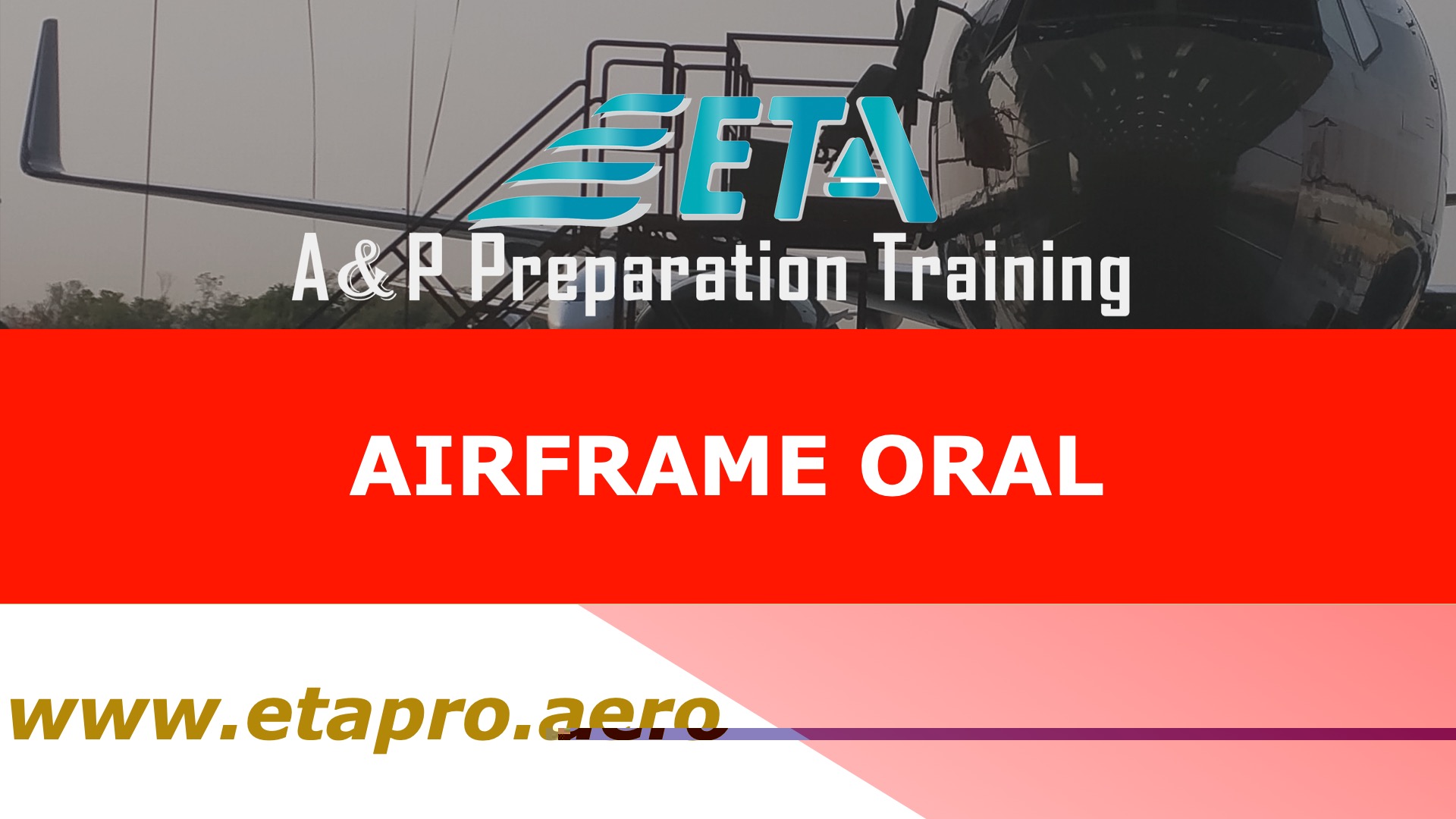
Aviation Mechanic Airframe Oral
Section II—Airframe Structures
A. Wood Structures
B. Aircraft Covering
C. Aircraft Finishes
D. Sheet Metal and Non-Metallic Structures
E. Welding
F. Assembly and Rigging
G. Airframe Inspection
Section III—Airframe Systems and Components
K. Aircraft Landing Gear Systems
L. Hydraulic and Pneumatic Power Systems
M. Cabin Atmosphere Control Systems
N. Aircraft Instrument Systems
O. Communication and Navigation Systems
P. Aircraft Fuel Systems
Q. Aircraft Electrical Systems
R. Position and Warning Systems
S. Ice and Rain Control Systems
T. Fire Protection Systems
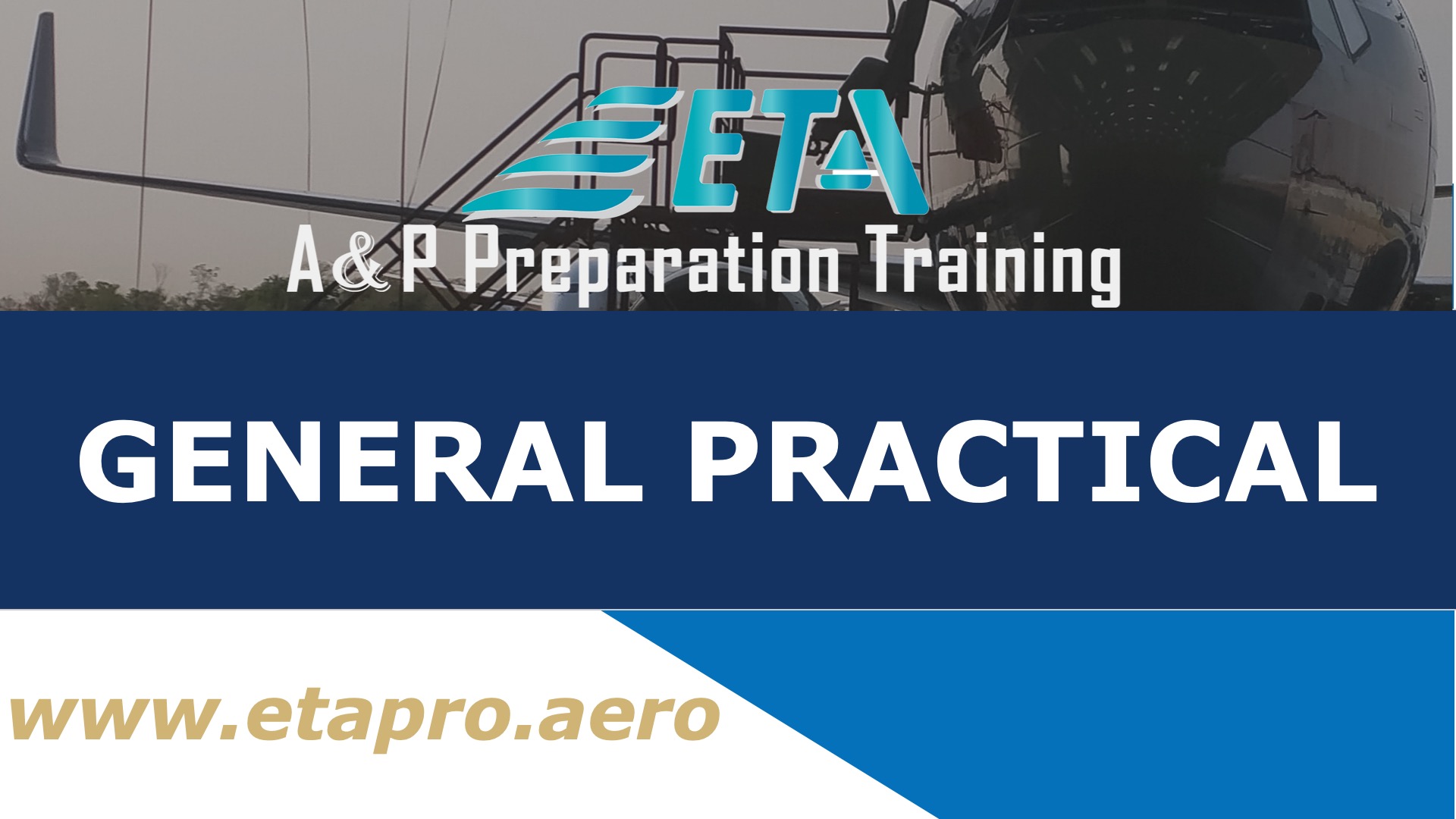
General Practical
To do well on the practical projects exam, you need incorporate your past experience and skills as much as possible. Insure that you become familiar with FAA publications in order to identify the projects listed below.
There are 12 Sections in this General Study Guide. You must pass all 9 projects during your exam with the DME.
Section I- Aviation Mechanic General
A. Basic Electricity
B. Aircraft Drawings
C. Weight and Balance
D. Fluid Lines and Fittings
E. Materials and Processes
F. Ground Operation and Servicing
G. Cleaning and Corrosion Control
H. Mathematics
I. Maintenance Forms and Records
J. Physics for Aviation
K. Maintenance Publications
L. Mechanic Privileges and Limitations
This study guide list some sample practical projects that are similar to the ones that you will encounter during your exam. The same references may also be used to provide information pertaining to the practical projects. It would be impossible to provide a study guide that would cover all possible questions and projects that might be ask during the exam. However, this study guide does cover all of the subject areas for each section and should prove to be a valuable study aid in preparing for the exam.
Remember, it is not the purpose of the exam to test you on everthing that there is to know about the subject area but to test you on the basic information contained in that subject area.
If you can answer the following sample questions, complete the practical projects and know how they relate to other questions, answers and projects in the the subject area, you should be ready to complete the exam.
Preparing for the FAA Mechanics Practical Exam
To prepare for the FAA Mechanics practical exam as per the ACS Aircraft Maintenance, it is recommended to follow the following steps:
- Review the Study Guide: The study guide provides information on the subject areas that will be covered in the exam and includes sample practical projects and questions.
- Familiarize yourself with the references: The references mentioned in the study guide can be used to provide information on the practical projects. Make sure you understand how to use these references effectively.
- Practice the sample questions and projects: The sample questions and practical projects listed in the study guide are similar to the ones that you will encounter during the exam. Practice these to get an understanding of the type of questions and projects that may be asked.
- Understand the basic information: It is important to understand the basic information contained in each subject area, as this is what the exam is designed to test.
- Relate questions and projects: Try to relate the questions and practical projects to each other to get a better understanding of the subject area as a whole.
- Don't focus on testing everything: The exam is not designed to test you on everything you know about the subject area, but on the basic information.
- Stay relaxed and focused: On the day of the exam, it's important to stay relaxed and focused. Go through your study material one last time before the exam and make sure you understand the basic information.
By following these steps, you will be well prepared for the FAA Mechanics practical exam and increase your chances of success.

Powerplant Practical
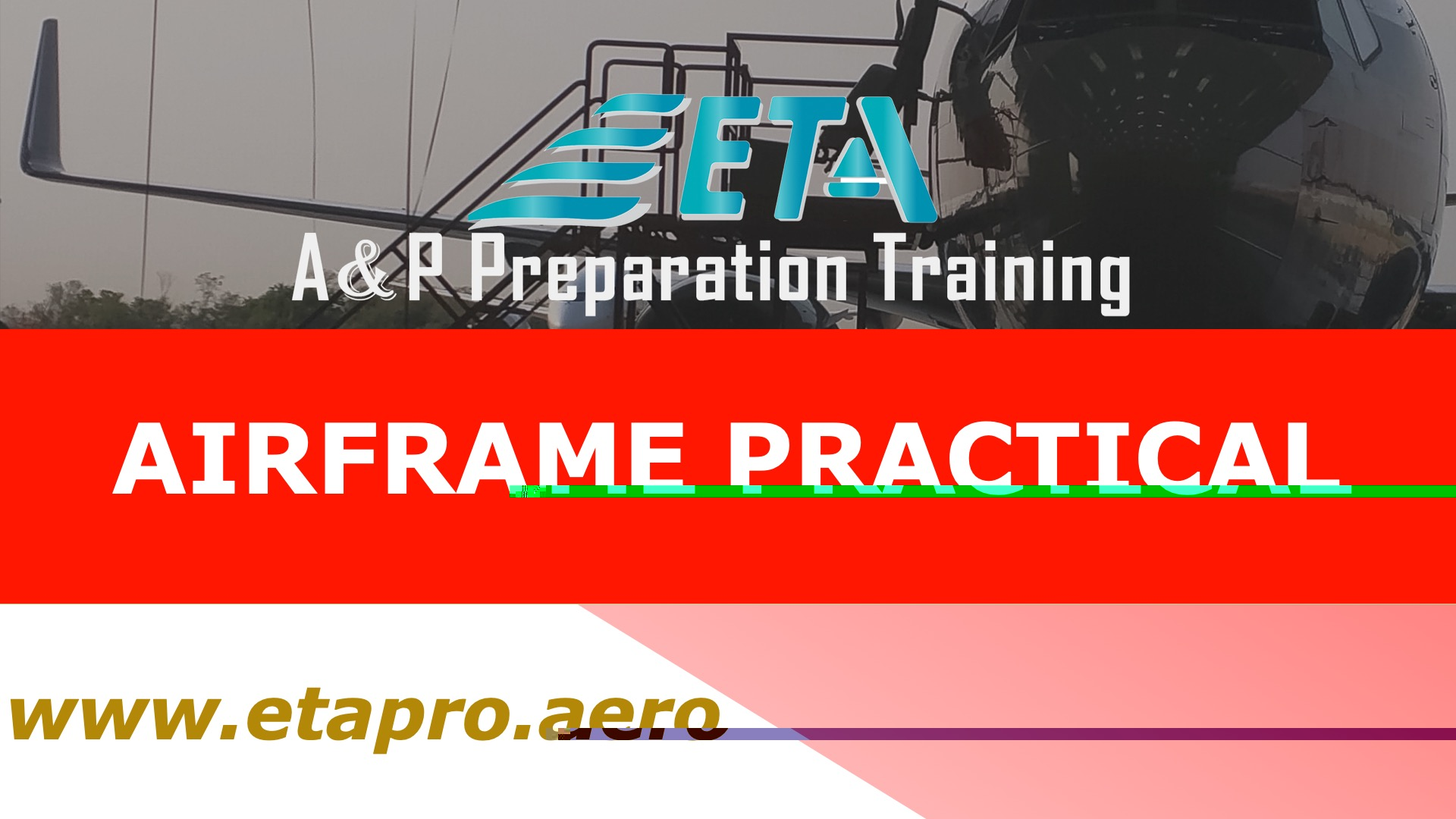
Airframe Practical
To do well on the practical projects exam, you need incorporate your past experience and skills as much as possible. Insure that you become familiar with FAA publications in order to identify the projects listed below.
There are 17 Sections in this Airframe Study Guide. You must pass all 7 projects during your exam with the DME.
Section II—Airframe Structures 3 Projects
A. Wood Structures
B. Aircraft Covering
C. Aircraft Finishes
D. Sheet Metal and Non-Metallic Structures
E. Welding
F. Assembly and Rigging
G. Airframe Inspection
Section III—Airframe Systems and Components 4 Projects
K. Aircraft Landing Gear Systems
L. Hydraulic and Pneumatic Power Systems
M. Cabin Atmosphere Control Systems
N. Aircraft Instrument Systems
O. Communication and Navigation Systems
P. Aircraft Fuel Systems
Q. Aircraft Electrical Systems
R. Position and Warning Systems
S. Ice and Rain Control Systems
T. Fire Protection Systems
This study guide list some sample practical projects that are similar to the ones that you will encounter during your exam. The same references may also be used to provide information pertaining to the practical projects. It would be impossible to provide a study guide that would cover all possible questions and projects that might be ask during the exam. However, this study guide does cover all of the subject areas for each section and should prove to be a valuable study aid in preparing for the exam.
Remember, it is not the purpose of the exam to test you on everything that there is to know about the subject area but to test you on the basic information contained in that subject area.
If you can answer the following sample questions, complete the practical projects and know how they relate to other questions, answers and projects in the the subject area, you should be ready to complete the exam.
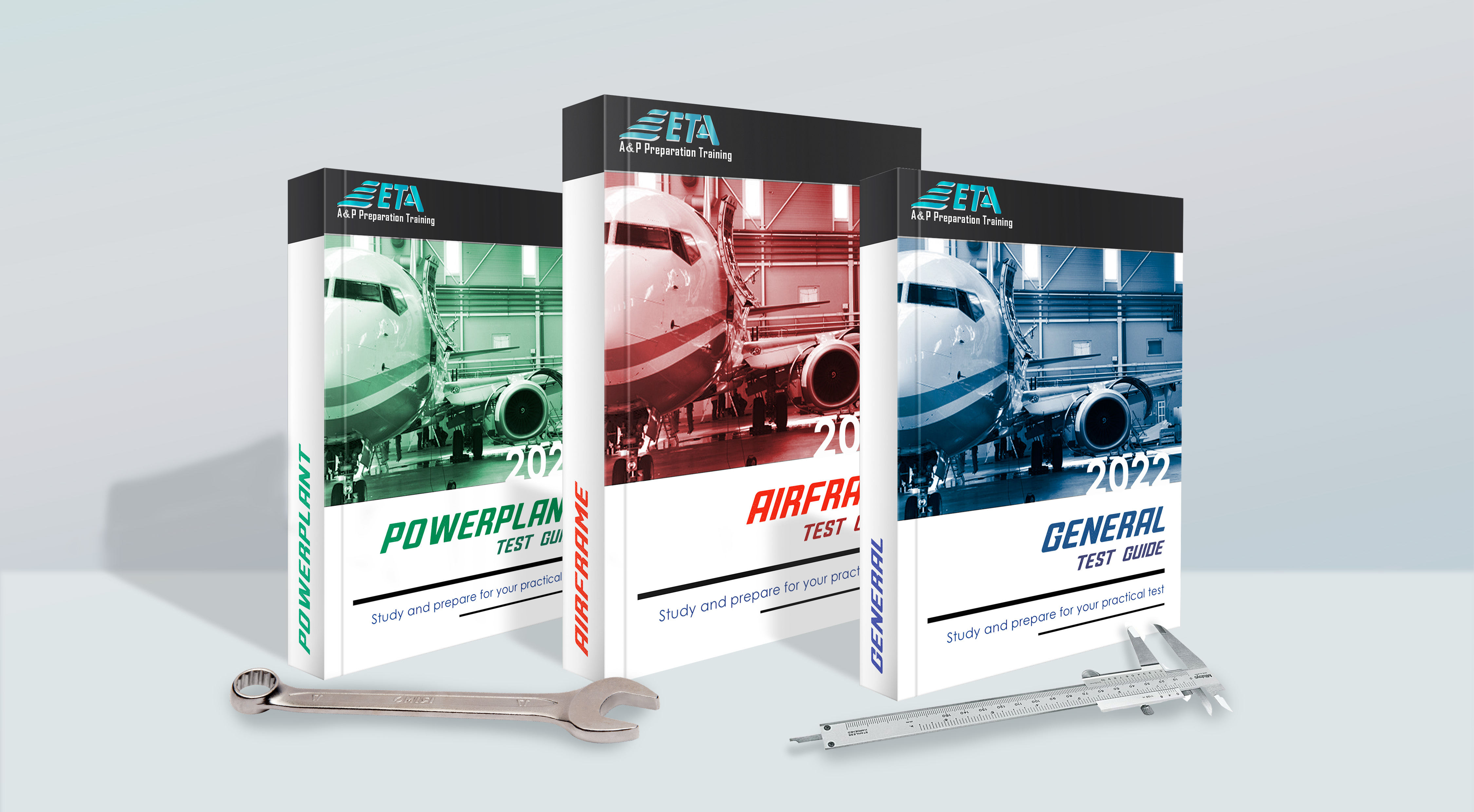
Airman Certification Standards (ACS)
The FAA-S-ACS-1, Aviation Mechanic General, Airframe, and Powerplant Airman Certification Standards (mechanic ACS) is the testing standard for mechanic written, oral, and practical tests.
The mechanic ACS is divided into 3 tests/sections (General, Airframe, and Powerplant) which list the knowledge, risk management, and skill elements that a mechanic applicant must know or demonstrate during the oral and or practical test.
The general test/section is required to be taken/passed to obtain either the airframe or powerplant rating.
The testing standard contains the following number of subject areas in each test area:
- General - 12
- Airframe - 15
- Powerplant - 13
Airman Certification Standards(ACS)
The FAA's implementation of part 147 will change the testing standards for mechanic certificates and ratings. The Mechanic Practical Test Standards (Mechanic PTS) will be used until July 31, 2023. After that date, the FAA will use the Aviation Mechanic General, Airframe, and Powerplant Airman Certification Standards (Mechanic ACS) as the standards for conducting mechanic tests.
